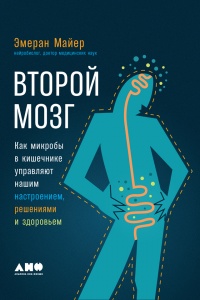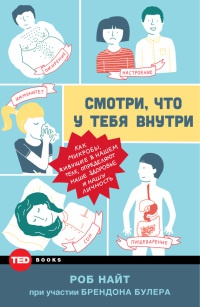Книга Микробы хорошие и плохие. Наше здоровье и выживание в мире бактерий - Джессика Снайдер Сакс
Читать книгу Микробы хорошие и плохие. Наше здоровье и выживание в мире бактерий - Джессика Снайдер Сакс полностью.
Шрифт:
-
+
Интервал:
-
+
Закладка:
Сделать
Перейти на страницу:
Перейти на страницу:
Книги схожие с книгой «Микробы хорошие и плохие. Наше здоровье и выживание в мире бактерий - Джессика Снайдер Сакс» от автора - Джессика Снайдер Сакс:
Комментарии и отзывы (0) к книге "Микробы хорошие и плохие. Наше здоровье и выживание в мире бактерий - Джессика Снайдер Сакс"








